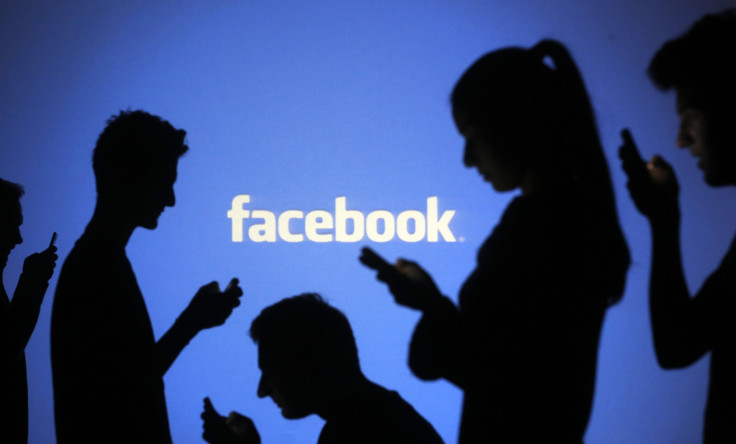Facebook-Induced Envy May Lead To Depression, Study Finds

Extensive use of Facebook can lead to envy, followed by depression, according to the findings of a new study.
Previous studies have established that excessive Facebook usage can lead to severe mental and physical health damage. One such study also highlighted that browsing through this website for long hours can reduce self-esteem and make users feel low. A new study conducted on similar grounds revealed that Facebook usage can lead to the development on envy, followed by depression.
"Facebook can be a fun and healthy activity if users take advantage of the site to stay connected with family and old friends and to share interesting and important aspects of their lives," lead author Margaret Duffy from the University of Missouri said in a press statement. "However, if Facebook is used to see how well an acquaintance is doing financially or how happy an old friend is in his relationship--things that cause envy among users--use of the site can lead to feelings of depression."
For the study, researchers examined a group of 700 young Facebook users for a stipulated period of time. They found that those who used Facebook for “surveillance use” suffered symptoms of depression. However, no such effects were found among those who used Facebook just to keep in touch with friends and family. Surveillance usage was defined as when a user uses the site to compare how well or bad his friends are doing compared to him.
“We found that if Facebook users experience envy of the activities and lifestyles of their friends on Facebook, they are much more likely to report feelings of depression,” Duffy said. “Facebook can be a very positive resource for many people, but if it is used as a way to size up one’s own accomplishments against others, it can have a negative effect. It is important for Facebook users to be aware of these risks so they can avoid this kind of behaviour when using Facebook.”
In 2013, a study found that Facebook usage makes people unhappy. And it's not just Facebook! In 1998, Robert Kraut, a researcher at Carnegie Mellon University, found that the more people used the Internet, the lonelier and more depressed they felt. The study appeared in the journal Computers in Human Behaviour.
To contact writer, email: sammygoodwin27@gmail.com





















